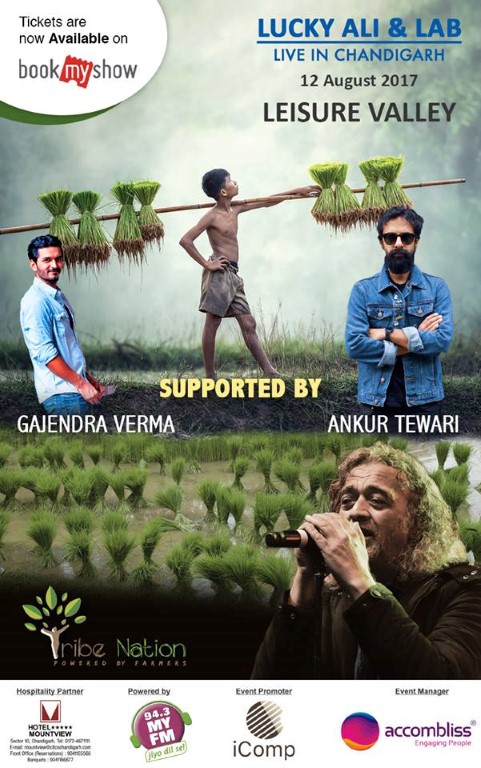 SLAM. Yet another door slammed on my face. But not before I saw the inside of the “house” this time. I saw open sewage and dirty water flowing through the interior of the house. I saw a chullah instead of a stove. I saw a man lying on a bed, unmoving, yet alive. I saw the lady who refused to talk to me. I saw her fear, exhaustion and hopelessness. I saw it all in an urban neighborhood of a cosmopolitan city… in 2017!
SLAM. Yet another door slammed on my face. But not before I saw the inside of the “house” this time. I saw open sewage and dirty water flowing through the interior of the house. I saw a chullah instead of a stove. I saw a man lying on a bed, unmoving, yet alive. I saw the lady who refused to talk to me. I saw her fear, exhaustion and hopelessness. I saw it all in an urban neighborhood of a cosmopolitan city… in 2017!
This was… is… the condition of homes at Rajiv Colony, Sector 17, Panchkula. To see it all for myself and not be moved to create positive change would, quite simply, be inhumane. So it was not surprising that when I heard about a community organization and development project being held at Rajiv Colony, by the students of Indira Gandhi National Open University and other volunteers, I was eager to be part of it.
Conducted under the expert guidance of Dr. Monica Munjial Singh, Assistant Professor, Center of Social Work, Panjab University, Chandigarh, we launched the initiative with a door-to-door survey, carried out over several days, to profile the Colony’s inhabitants. Having assessed their needs, we then conducted a cleanliness drive, which included cleaning the drains and spraying DDT.
In March of 2017, I joined IGNOU’s social work students in organizing a health camp where we arranged for paramedic staff and equipment to be available at the Colony’s temple complex so inhabitants could measure their weight, blood pressure and blood sugar. We were joined in our efforts by volunteers from across the Colony as well as by local workers from ANM and other such non-governmental organizations as ASHA. The local elected representatives were also supportive and fully cooperative of our development project and health camp.
Approximately 125 residents of the Colony attended our health camp. Those found to be hypertensive or diabetic were provided with further information about medical treatment and lifestyle changes. Folic acid was distributed to pregnant women by the Health Department, Haryana. We also helped distribute and plant medicinal saplings of Neem and Aloe Vera across the colony. In addition, we conducted numerous awareness seminars on health, hygiene, as well as about government schemes already in place to serve such vulnerable and marginalized communities.
But, as is often the case with community work, I believe I gained much more from our efforts than those we served—it was a transformational, eye-opening experience. It has taught me to be more observant and sensitive to those who live and work on the margins of our own affluent upper-middle class lives. And it has made me recognize the power within each and every one of us to make a difference to the lives of others who surround us.






